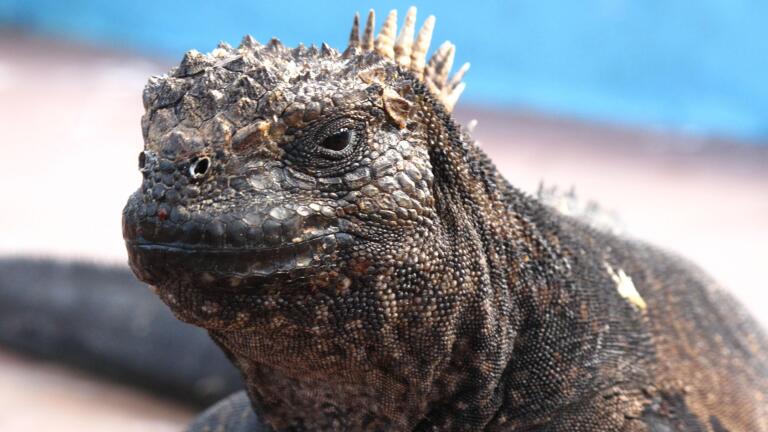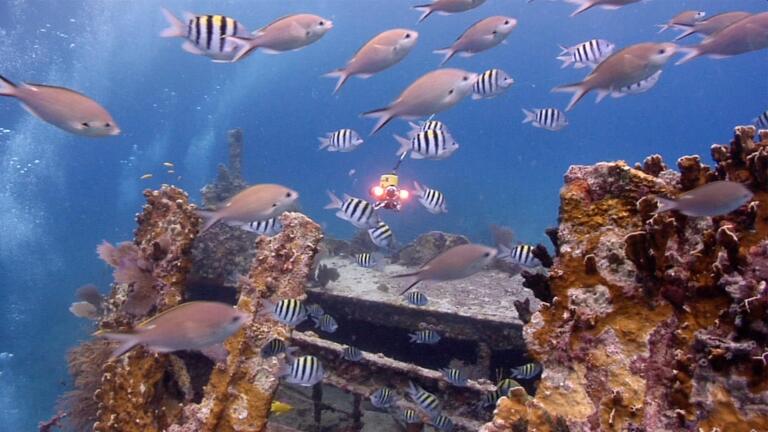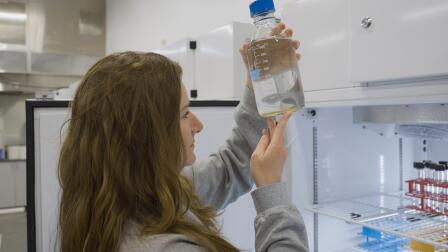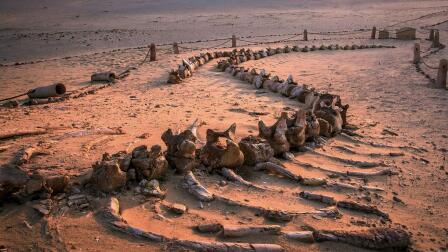
Back to Show
Changing Seas
Habitats: The Key to Florida’s Fisheries
Season 13
Episode 1304
Tarpon and snook are two of Florida’s most iconic game fish. Both species rely on mangrove creeks and ponds when they are juveniles. With half of the state’s mangroves lost to development, scientists employ creative solutions to restore and reconnect some of these important habitats to secure the future of the fisheries.
Support Provided By

Unlock with PBS Passport
26:43
Discover how some fish species change their sex.

Unlock with PBS Passport
26:44
Researchers provide data necessary to protect fish populations from further decline.

Unlock with PBS Passport
26:42
Researchers study what impact ecotourism might have on southern stingrays.
Unlock with PBS Passport
26:43
Researchers are beginning to understand where turtles go during their “lost years.”

Unlock with PBS Passport
26:54
Scientists conduct research to save the Smalltooth Sawfish.

Unlock with PBS Passport
27:02
Scientists spend a month in the Galapagos Islands to conduct research.

Unlock with PBS Passport
26:54
The world’s largest known aggregation of whale sharks occurs just off the coast of Cancun.

Unlock with PBS Passport
26:48
Discover Crinoids which have been around since before the age of Dinosaurs.

Unlock with PBS Passport
26:46
The Changing Seas team meets with researchers in French Polynesia.

Unlock with PBS Passport
26:46
New research sheds light on the lives of mysterious creatures of the deep.

Unlock with PBS Passport
26:45
Divers from around the country learn how to map shipwrecks.

Unlock with PBS Passport
26:45
Follow one scientist studying coral in Belize.










